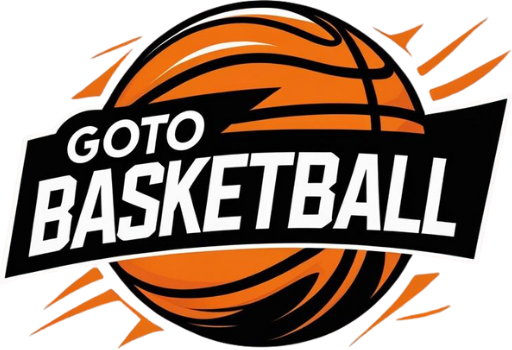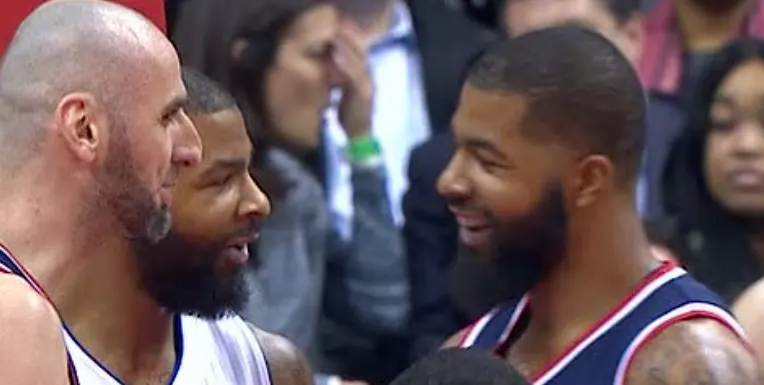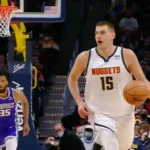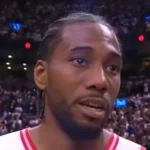A Veteran Speaks Up and It Hits Hard
Markieff Morris, once a vital role player in Miami’s frontcourt, recently voiced a jarring critique of the Heat’s famed “Heat Culture,” and it sheds light on a less-discussed side of professional sports. On the “OGs Show” podcast, alongside Heat legend Udonis Haslem and Mike Miller, Morris expressed that Heat management mishandled his injury, calling into question the often-touted toughness behind Miami’s identity. SI
- A Veteran Speaks Up and It Hits Hard
- “They (bleeped) me over there…” Not Just Rehab, But Reputation
- A Paradox of Culture: Toughness Without Trust
- Where Hot Curry Burns And Scars
- The Human Cost of Winning
- Looking Ahead: Can Culture Be Updated with Compassion?
- Conclusion: Ice Doesn’t Melt, but Pain Shouldn’t Be Frozen
“They (bleeped) me over there…” Not Just Rehab, But Reputation
Morris recounted how, after being injured in a collision with Nikola Jokić, he was sidelined by the team for far longer than medically necessary.
“I literally got whiplash and was right back,” Morris emphasized, noting he was medically cleared within two weeks. Yet the Heat delayed his return for six months, and that word spread league-wide. SI
He even built enough confidence to practice for six months, only to feel as if the organization had written him off. “Miami really didn’t want me back on the court,” he said, suggesting that the narrative around his injury went from cautious to punitive, damaging both his career and reputation. SI
A Paradox of Culture: Toughness Without Trust
The Heat’s iconic culture, built on sacrifice, rigor, and collective identity under Pat Riley’s ethos, has long been celebrated as a backbone of the franchise. Udonis Haslem recently reminded the world:
“Heat culture is always going to be bigger than you… It’s all about sacrificing.” SI
But Morris’s experience illustrates an uncomfortable gap between that philosophy and its real-life application. If the culture that demands ultimate loyalty doesn’t reciprocate with transparency, especially when careers hang in the balance, then trust frays.
Where Hot Curry Burns And Scars
Anecdotes from within this culture capture its intense nature:
- A long-time Reddit user reminisced:
“Agents named a handful of veteran players who specifically said they wouldn’t consider Miami in free agency because they heard they practice more than other teams… dry-heaving on the court kind of brutal.” Reddit
- Heat hero Gary Payton once called it the essence of the franchise:
“Heat Culture isn’t just about winning. It’s about how you win… leaving NOTHING in the tank.” The Players’ Tribune
This ethos has propelled stars like Penny Hardaway to late-career revivals and made the Heat a feared and respected franchise. SI
Yet for Morris, the culture shut a door on his return, turning strength into silence, accountability into ambiguity.
The Human Cost of Winning
Morris’s comments remind us: beyond banners and soundbites, culture shapes lives and careers. Being labeled as injured or worse, “washed up,” can determine team interest, contract offers, and mental health.
That friction isn’t unique to Miami, but in a city where “toughness” is currency and narratives are fast, players don’t often voice their silence. Morris did, and he rattled the foundation.
Looking Ahead: Can Culture Be Updated with Compassion?
The Heat now face a reckoning of sorts: how can they preserve what has made them successful while ensuring that it doesn’t become a shield for neglect?
Several former players and analysts like Paul Pierce and Kevin Garnett have called for updates to the culture to evolve without losing its core. SI
Maybe it’s time the Heat culture continues to demand elite standards—but also more empathy, clearer communication, and mutual accountability.
Conclusion: Ice Doesn’t Melt, but Pain Shouldn’t Be Frozen
Markieff Morris’s candid revelation cracks open the facade of invincibility that Heat Culture often projects. It’s a reminder that human complexity can’t be molded by slogans alone. Culture succeeds not when it breaks down individuals but when it holds them up, especially when they’re vulnerable.





